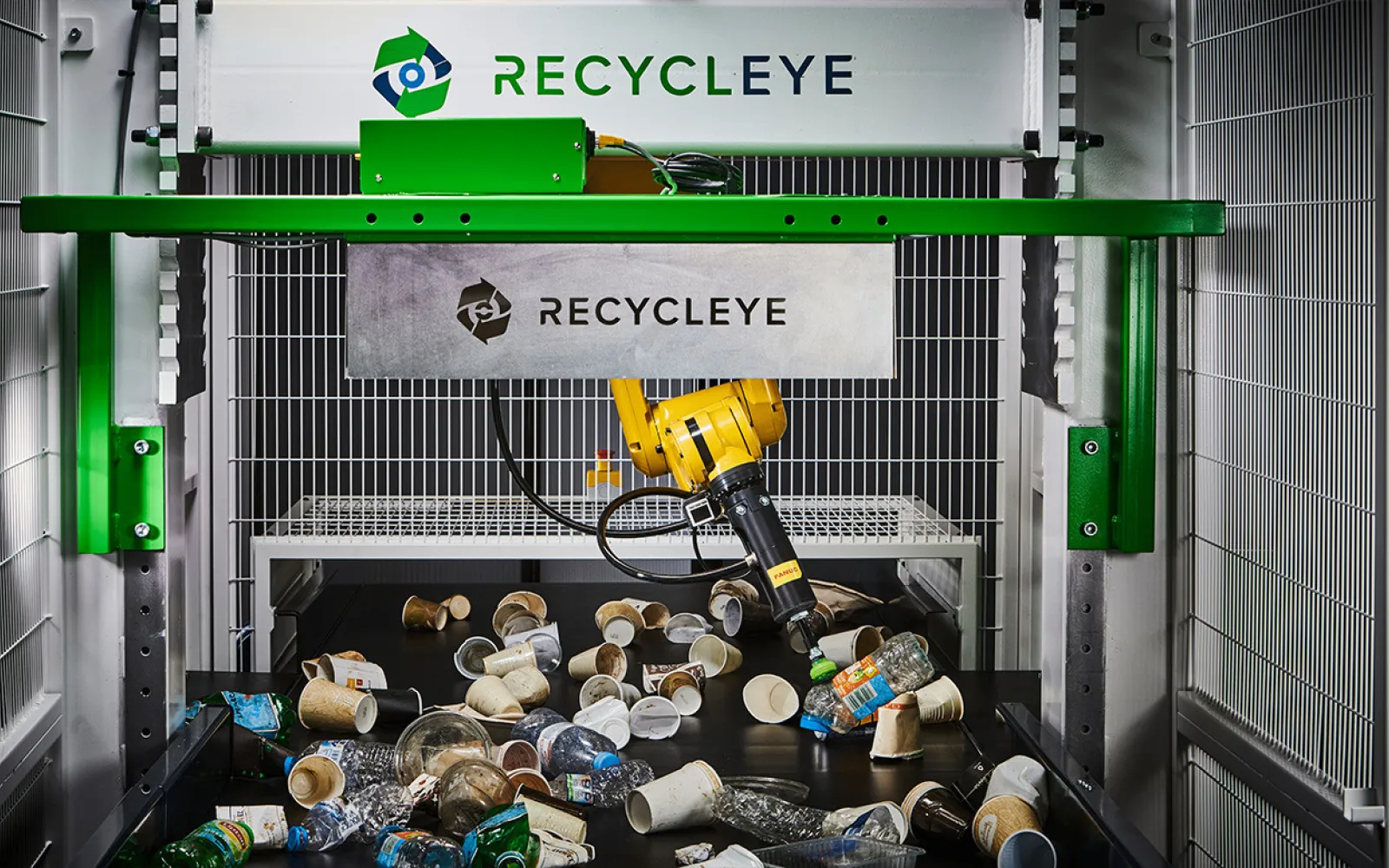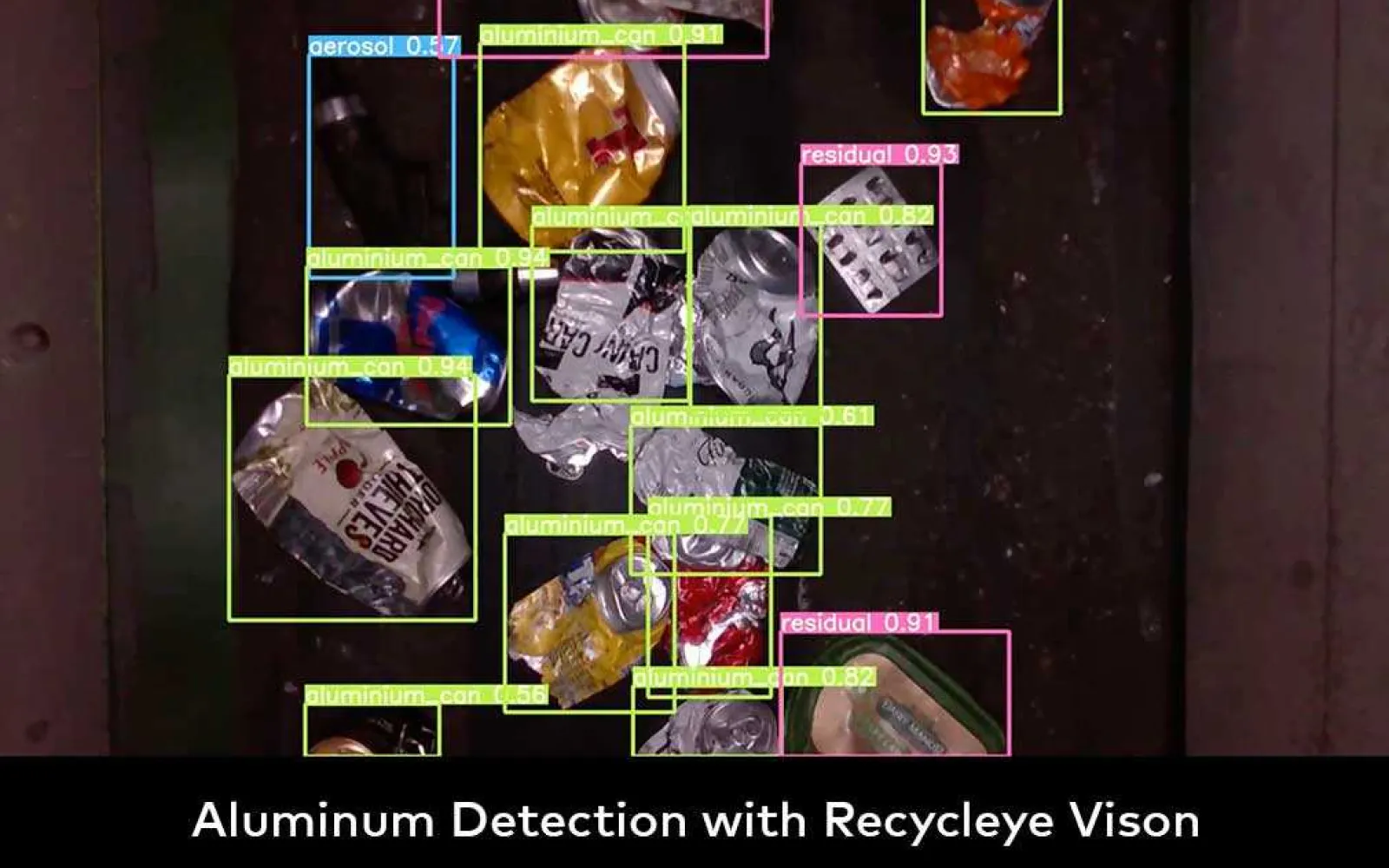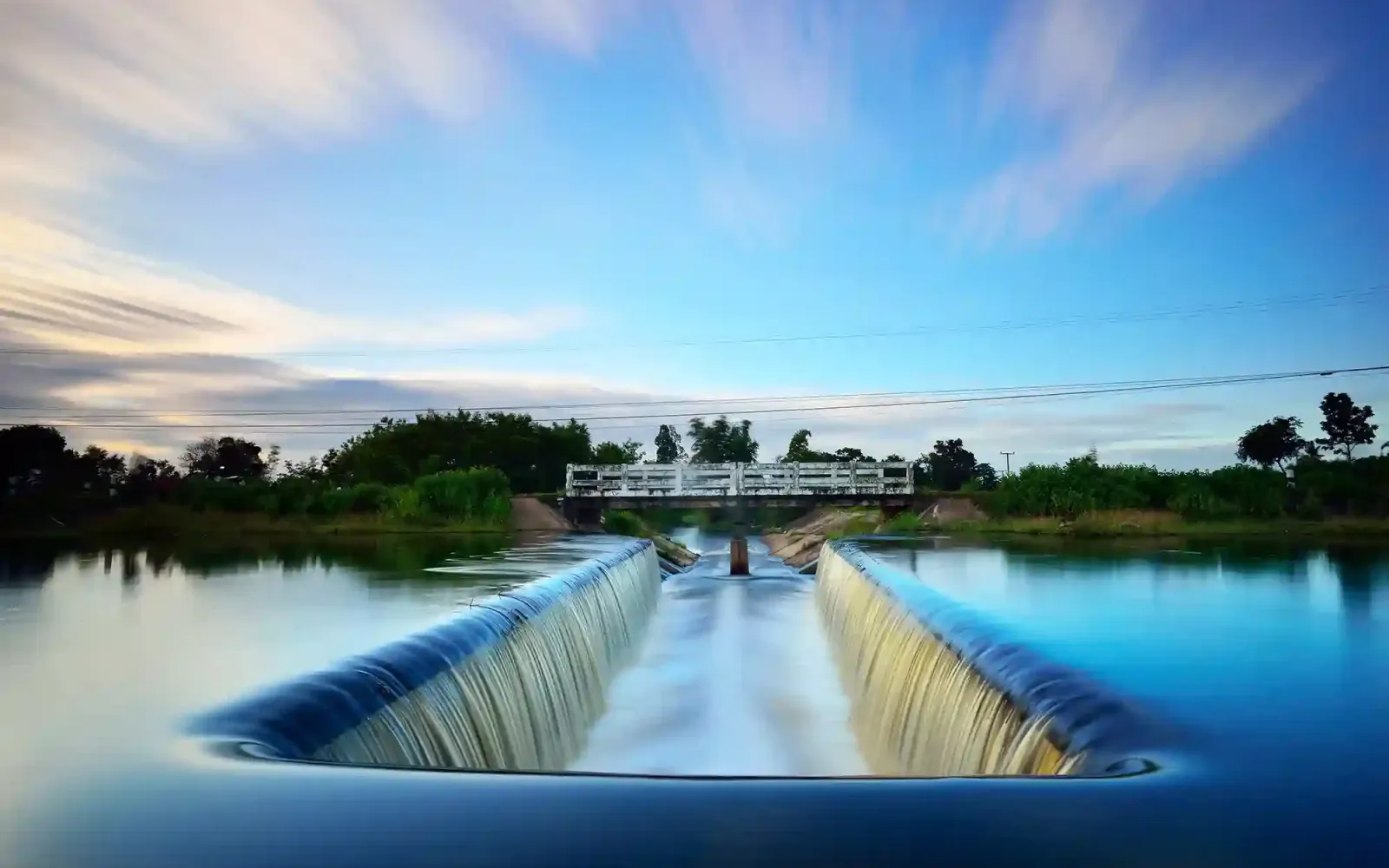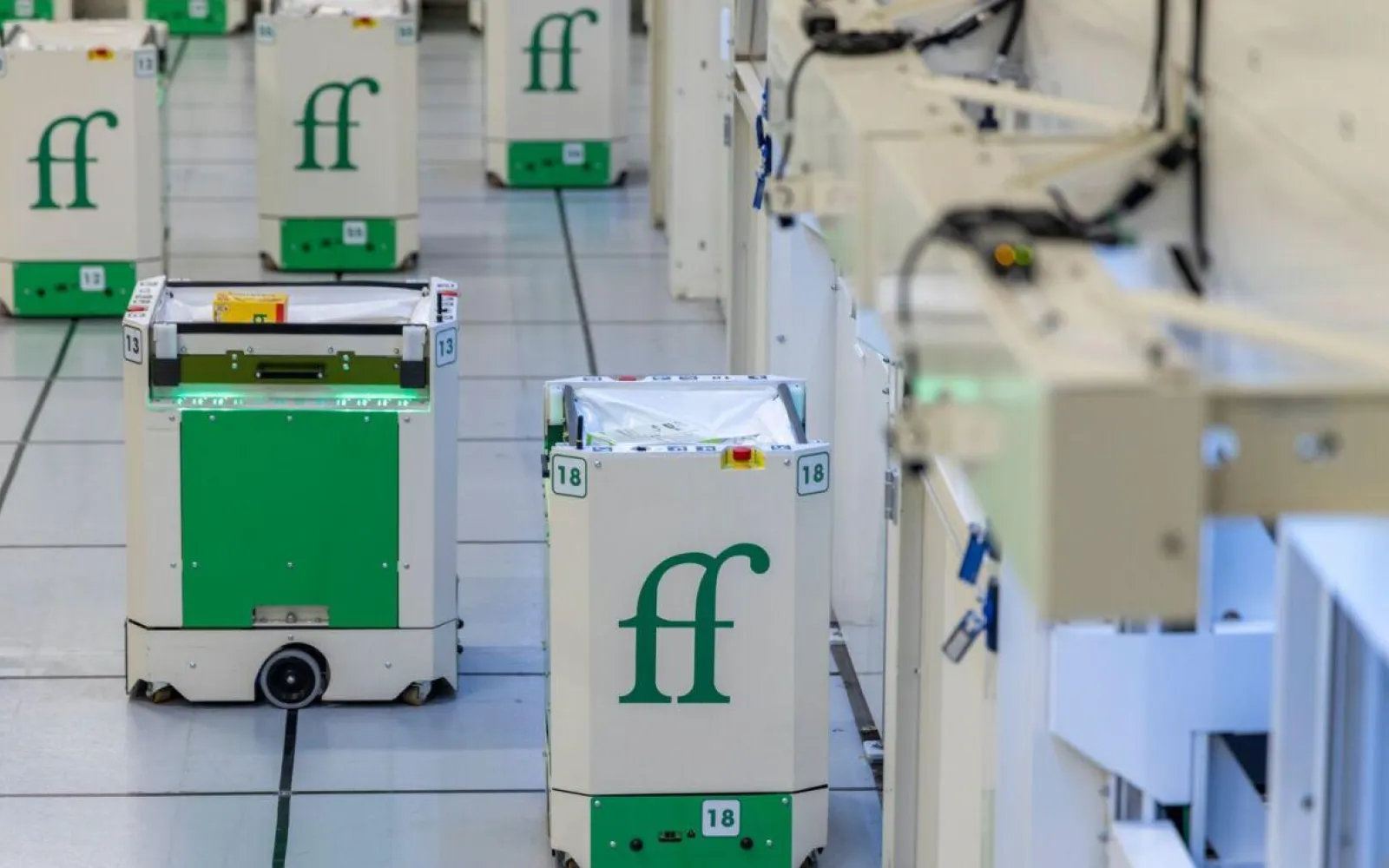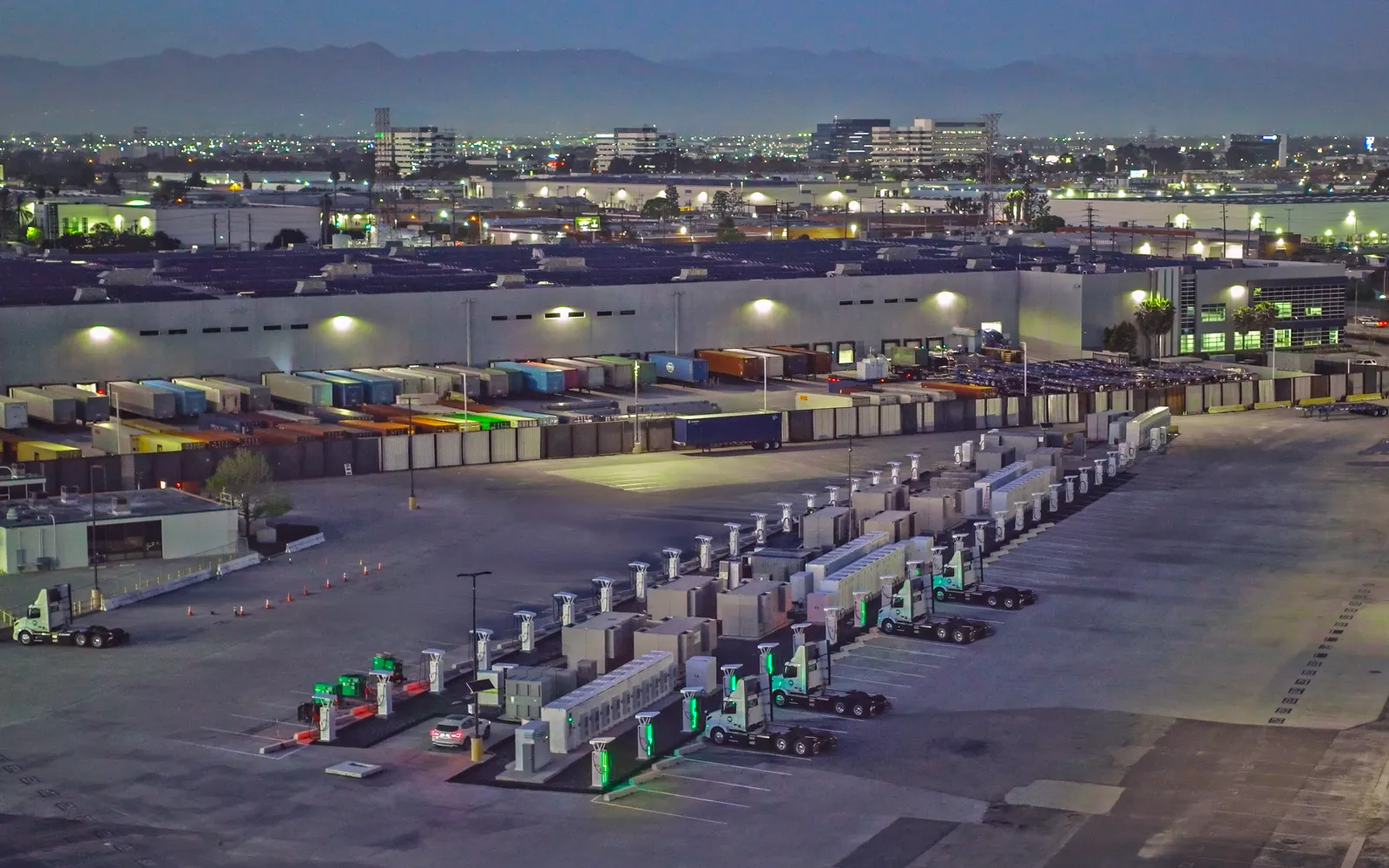

Recycleye
Reinventing the economics of recycling
The pyramids of Giza are among the heaviest objects humankind has ever created, and the Great Pyramid of Khufu is the heaviest of all. Nearly 500 feet high and 800 feet wide, it weighs an astonishing 6 million tons. Yet almost unbelievably, humans generate 2 billion tons of municipal waste each year — enough to make 333 pyramids the size of Khufu!
This massive corpus of waste contains hundreds of millions of tons of valuable metals, plastics, and paper. These are valuable not just because they can be resold, but also because they are critical to preventing mass extraction of virgin materials. However, in a largely capitalist world, the recycling of these resources at scale will happen only when the recovered resource is worth more than the cost of sorting it from true waste. Only 9% of global plastic waste is recycled today.
London-based startup Recycleye aims to change this by both decreasing the cost of sorting and increasing the amount of valuable material recovered from municipal waste streams. Using state-of-the-art computer vision and robotics to automate waste sorting, the team isn’t just addressing the 50% labor turnover seen every six months in this dangerous work environment. The system is able to pick over 33,000 items per 10-hour shift, halving sorting costs and increasing end purity to upwards of 99%. This allows for material value increases of up to 5X. These fundamental economic shifts will transform the waste landscape.
DCVC is proud to announce leading Recycleye’s $17M Series A financing with participation from existing investors, including Promus Ventures, Playfair Capital, and MMC Ventures.
Upon meeting the founders, Victor and Peter, we immediately saw that Recycleye’s technology was far beyond a robotic science project — the speed, accuracy, and thoughtfulness of its technical architecture was unlike anything we had seen in this space. We were also impressed by the founders’ focus on the customer experience. Recycleye’s system was made to be installed in a matter of hours to minimize facility downtime, has a small footprint that retrofits into most spaces, and can scale up as customers add more robots. Reliability and remediation are core to their offering, prompting a sigh of relief for any seasoned robotics customer. By coupling an excellent product with compelling pricing, Recycleye is already installed in facilities in England, Ireland, Scotland, Germany, Australia, the US and France, with multiple robot orders confirmed in Italy and Belgium.
DCVC portfolio companies don’t depend on policy to make business models work, but, that said, governments around the world are now encouraging new approaches to recycling that will greatly speed implementation for Recycleye. The European Union is leading change. Under EU legislation, there are binding recycling targets for the percent of re-use or recycling in municipal waste: 55% by 2025 and 65% by 2035, in addition to a non-recycled plastics tax of €800 per ton. Headquartered in London with customers across Europe, Recycleye will work with clients and other stakeholders to spearhead and champion change throughout the UK, EU and beyond.
DCVC is very excited to support Recycleye’s journey, using Deep Tech to transform a trillion-dollar problem, sorting through 333 Pyramids of Khufu every year, extracting treasure that until now has been treated like trash.
Kelly Chen is a Partner at DCVC and Board member at Recycleye.
